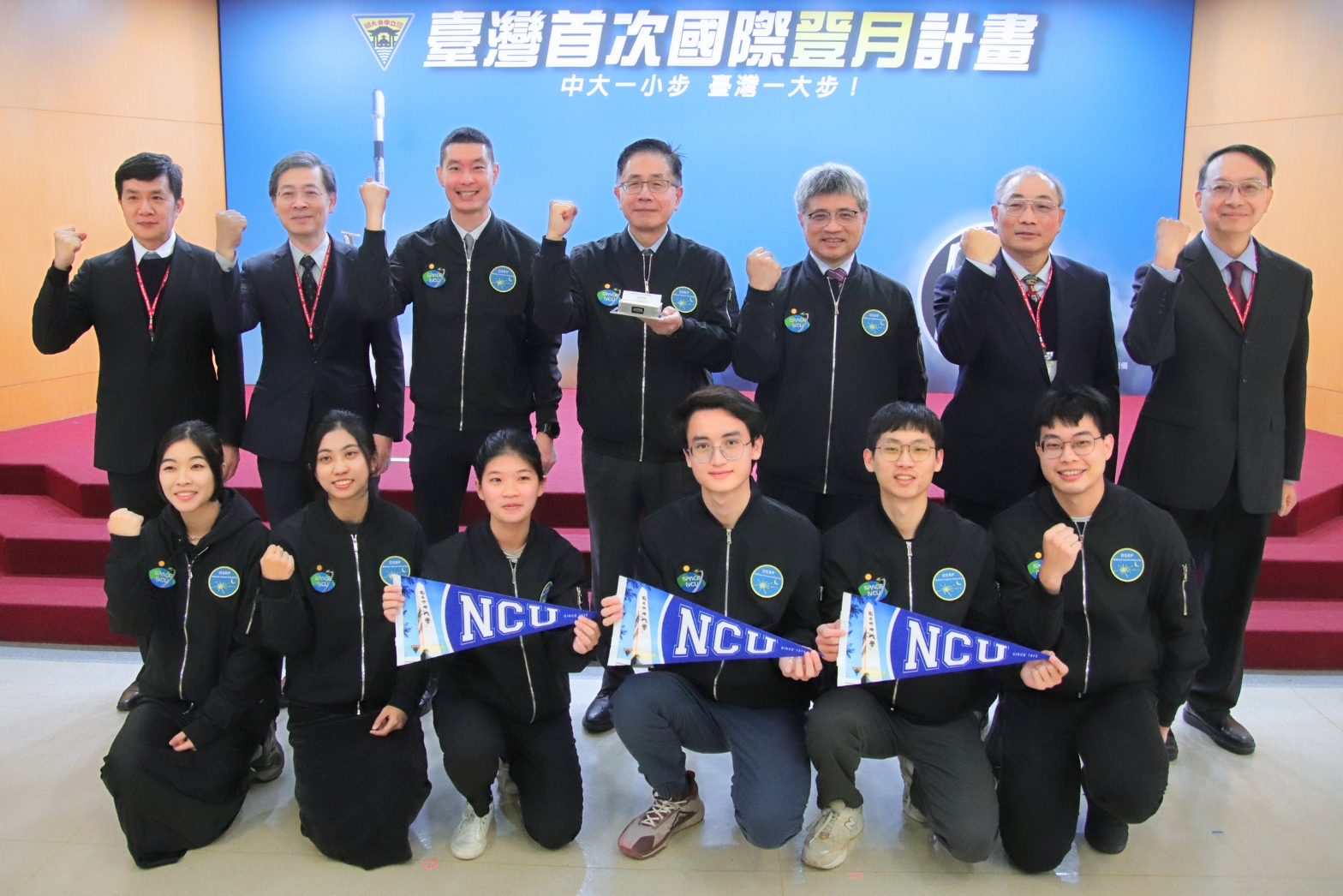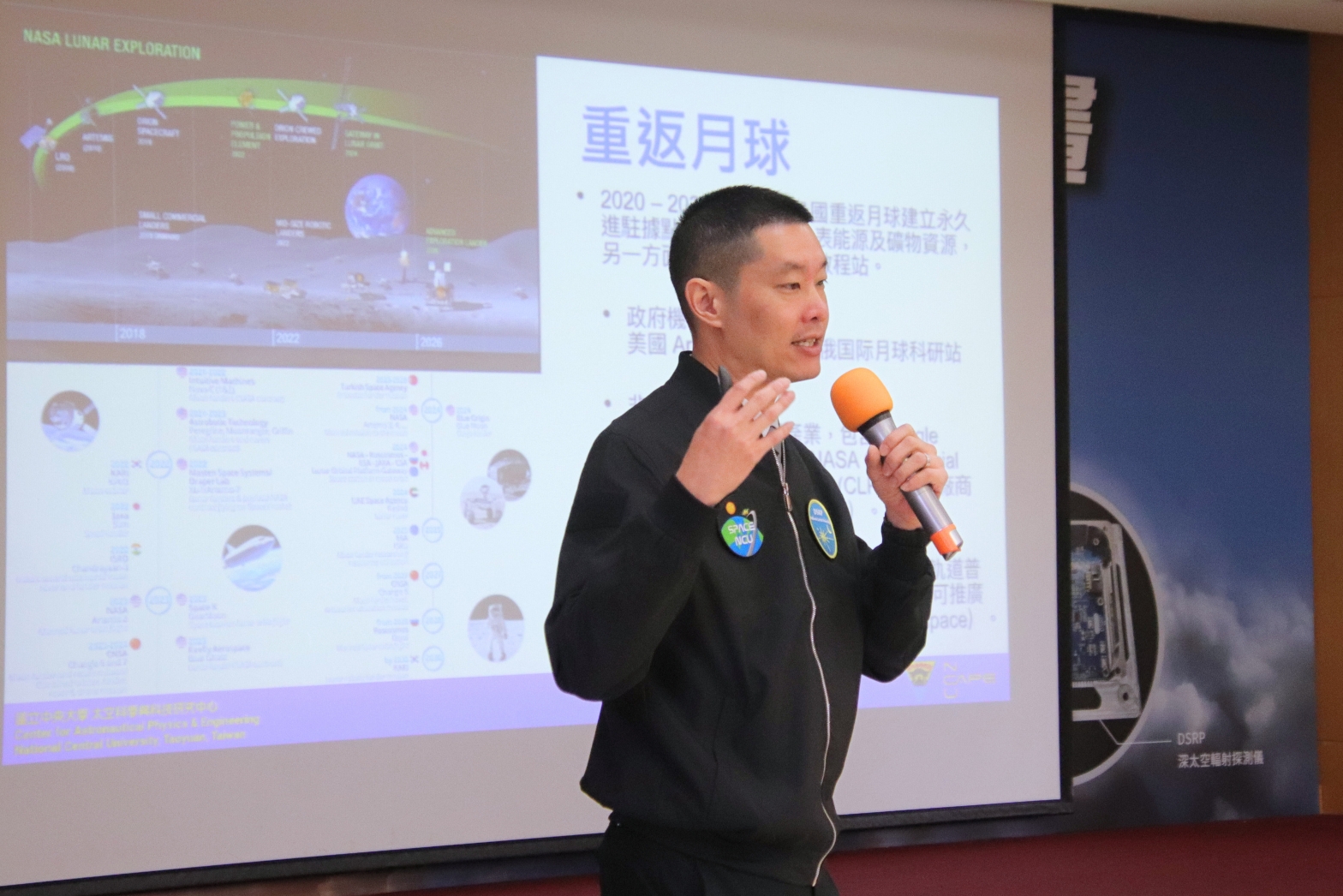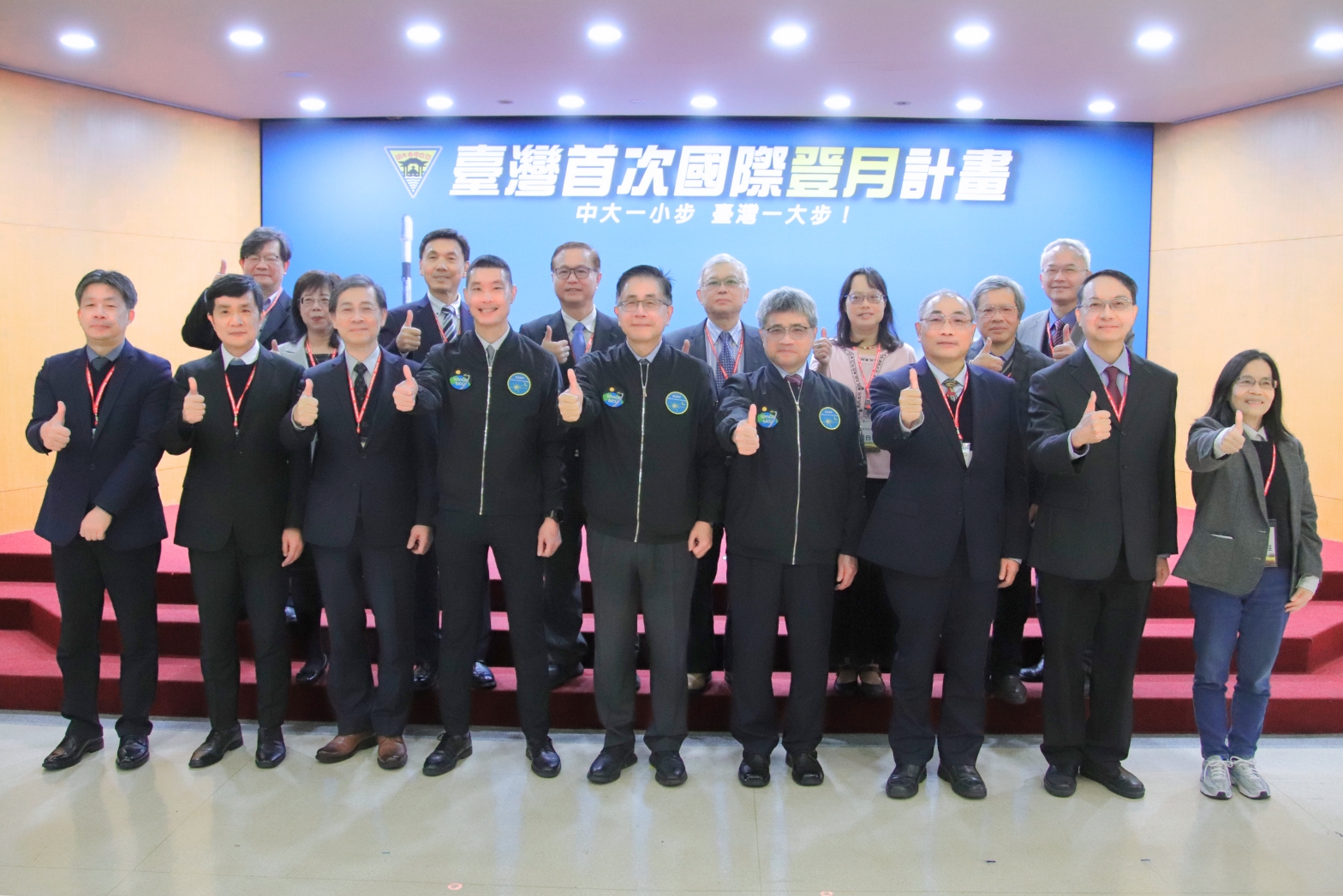Headlines

The successful Apollo Program moon landings starting in 1969 ignited great aspirations for human lunar exploration. Under the leadership of National Central University (NCU), Taiwan will embark on its first international moon-landing mission in 2024. The Deep Space Radiation Probe (DSRP) independently developed by NCU has been transported to Japan's JAXA Tsukuba Space Center and is expected to be launched into space as early as the fourth quarter of this year on the Hakuto-R Mission 2 lander developed by the commercial lunar payload service provider ispace. This flight opportunity was brokered via the Japanese company SpaceBD, as well as their authorized representative in Taiwan – HelioX Cosmos.
Professor Loren Chang, chair of the Department of Space Science and Engineering (DSSE) at NCU, explains that "deep space" refers to the space environment beyond 2000 kilometers from the Earth, where the ionizing radiation environment presents severe challenges. NCU's Deep Space Radiation Probe is Taiwan's first deep space scientific payload, which will help us understand the deep space radiation environment and its effects on electronics and biological organisms. The payloadweighs only 400 grams, and was designed and implemented entirely by NCU.
The development of DSRP not only involves the guidance of professors but also the participation of alumni, graduate students, and undergraduate students from DSSE. NCU has long been involved in domestic and international space science research projects, maintaining cooperative relationships with various space research institutions, and actively participating in the national " Phase 3 Long-Term Space Technology Development Program" (2019-2028) to train the next generation of space industry professionals to take on new challenges.

